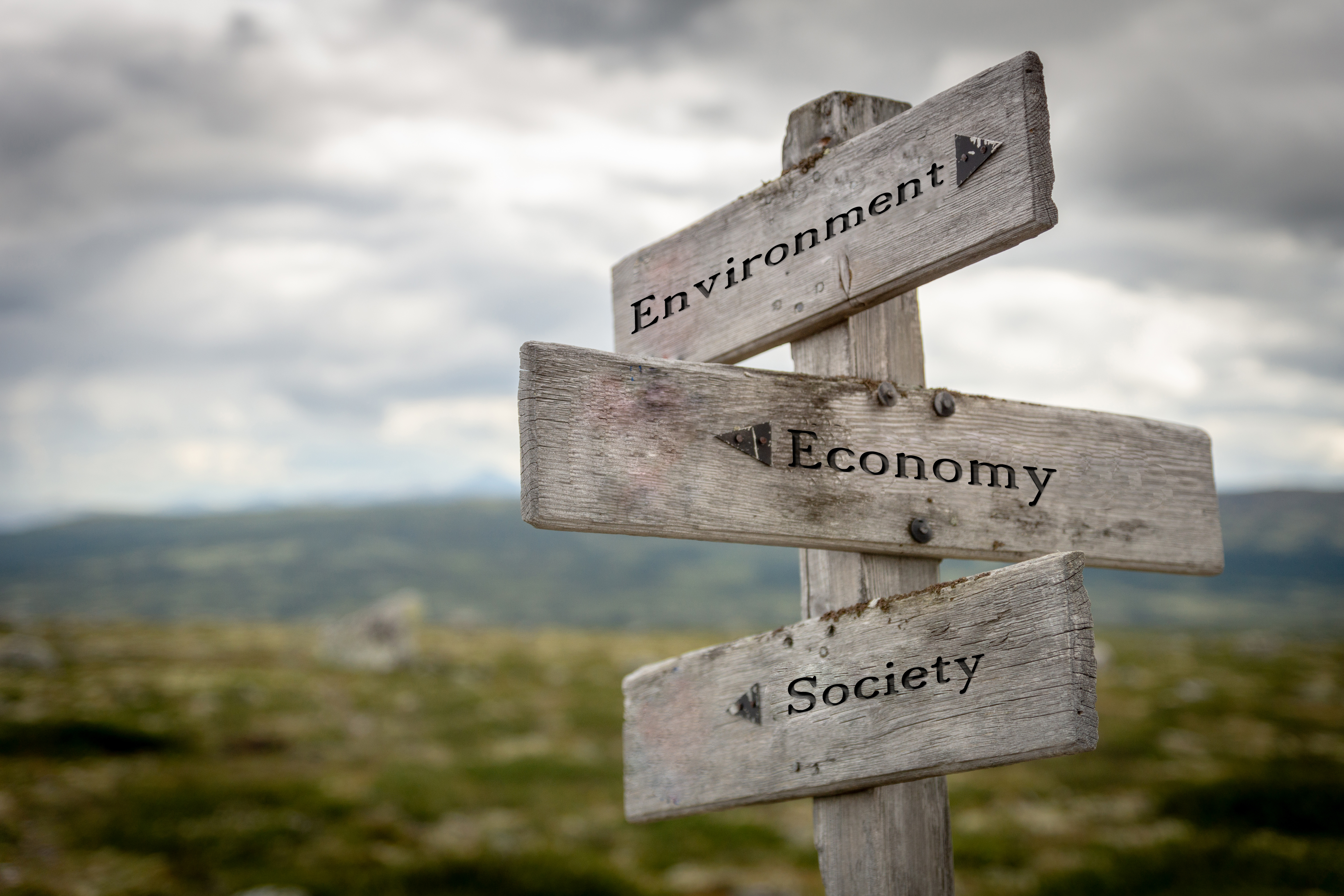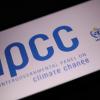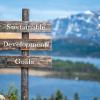The S3 Group focuses on demand-side systems as entry points for sustainable transformations. The group analyses demand for energy and materials through the lens of service provision of mobility, shelter, and consumer goods, as well as how lifestyle changes can contribute to consumption reduction.
 © Jon Anders Wiken | Dreamstime.com
© Jon Anders Wiken | Dreamstime.com
The S3 Group have two overarching research objectives. First, to understand the evolution of behaviors and lifestyles around energy services and assess their environmental impacts; and second, to identify and understand policy interventions that can change behaviors and lifestyles to minimize environmental impacts. The group’s research binds together work on three domains that are critical for a transformation toward sustainable societies, namely buildings, mobility, and consumer goods, which are connected through changes in infrastructures and lifestyles. S3 aims to establish and lead a research community on demand-side transitions and to innovate conceptual frameworks for demand-side model comparisons.
Models, tools, datasets
Projects
Staff
News

12 August 2024
Balancing technology and governance are key to achieving climate goals

21 June 2024
Supporting the right small changes can have big impacts

05 June 2024
The 2024 State of CDR Report: Scaling up CO2 removal to meet Paris Targets
Events
Focus

14 June 2024
Expert workshop on digitalization narratives and climate change mitigation
Charlie Wilson and Elena Verdolini share insights and experiences from an expert workshop on the impacts of digitalization on energy, materials, the economy, markets, lifestyles, and society, and how these impacts directly or indirectly affect greenhouse gas emissions.

21 December 2023
High wellbeing with low energy demand towards modern net-zero cities
Following the International Vienna Energy and Climate Forum in November 2023, IIASA researcher Benigna Boza-Kiss reflects on the contribution from the IIASA EDITS project team to this conference, which brought together experts from various disciplines to discuss multi-faceted energy demand in cities like Vienna.
Publications
Hirata, A., Ohashi, H., Hasegawa, T., Fujimori, S. , Takahashi, K., Tsuchiya, K., & Matsui, T. (2024). The choice of land-based climate change mitigation measures influences future global biodiversity loss. Communications Earth & Environment 5 (1) e259. 10.1038/s43247-024-01433-4. Oshiro, K. & Fujimori, S. (2024). Mid-century net-zero emissions pathways for Japan: Potential roles of global mitigation scenarios in informing national decarbonization strategies. Energy and Climate Change 5 e100128. 10.1016/j.egycc.2024.100128. Roichman, R., Sprecher, B., Blass, V., Meshulam, T., & Makov, T. (2024). The convenience economy: Product flows and GHG emissions of returned apparel in the EU. Resources, Conservation and Recycling 210 e107811. 10.1016/j.resconrec.2024.107811. Hunt, J.D. , Elborolosy, Y., Aliyu, M.D., & Wada, Y. (2024). Gravity refrigeration cycle: An efficient approach for refrigeration in mountainous regions. Sustainable Energy Technologies and Assessments 69 e103919. 10.1016/j.seta.2024.103919. Makowski, M. , Granat, J., Shekhovtsov, A., Nahorski, Z., & Zhao, J. (2024). pyMCMA: Uniformly distributed Pareto-front representation. SoftwareX 27 e101801. 10.1016/j.softx.2024.101801.











